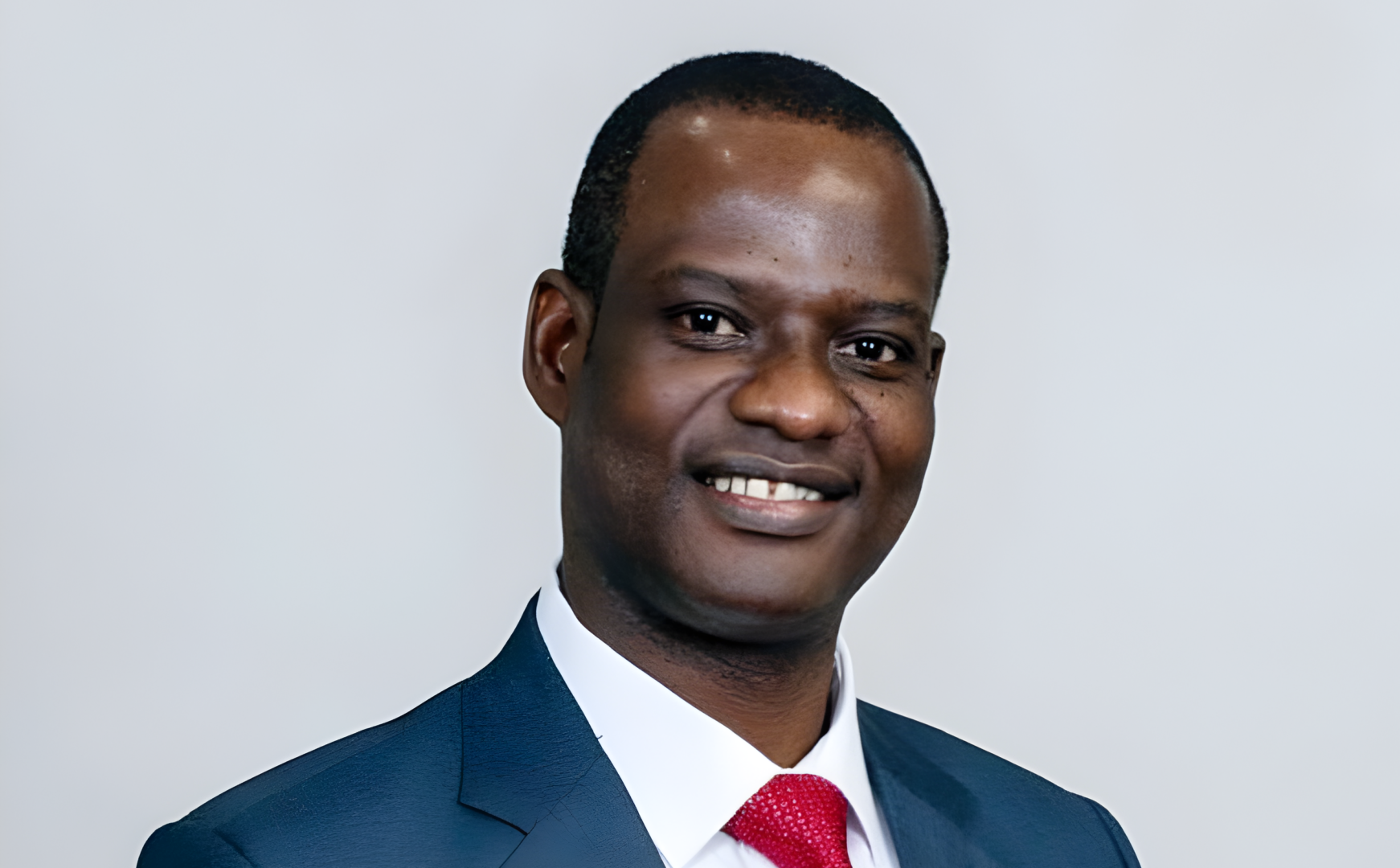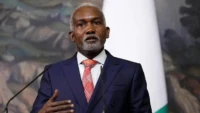The Nigerian Governors Forum (NGF) has recently agreed to back President Bola Tinubu’s tax reform bills, with a significant tweak in the Value Added Tax (VAT) sharing formula. However, this decision has sparked a broad spectrum of reactions among major stakeholders, highlighting deep divisions on the approach to tax reform in Nigeria.
NGF’s Revised VAT Sharing Formula
At a meeting with the Presidential Tax Reform Committee, the NGF proposed a new VAT distribution model: 50% based on equality, 30% on derivation, and 20% on population. This adjustment aims for what they consider an equitable distribution of resources amidst Nigeria’s diverse regional needs.
Stakeholder Reactions:
Coalition of United Political Parties (CUPP):
Criticism on Lopsided Allocation: CUPP, through spokesperson Comrade Mark Adebayo, criticized the formula, arguing it disproportionately favors equality over derivation. They suggested a formula of 50% derivation, 30% population, and 20% equality would be more just.
Senator Ali Ndume:
Advocates for Lower Derivation: The former Senate Leader from Borno South endorsed the governors’ support for the bills but suggested that derivation should not exceed 10%. He also criticized the administrative charges by the Federal Inland Revenue Service (FIRS) as too high and proposed a VAT reduction.
Afenifere:
Opposition to VAT Increase: Afenifere opposes any increase in VAT, deeming it fundamentally unfair to the poor. They argue for tax distribution based on balanced growth and caution against measures that could exacerbate regional disparities and migration.
Alliance of Yoruba Democratic Movements (AYDM):
Alternative Sharing Formula: AYDM proposed a formula differing from the NGF’s, advocating for 50% derivation, 40% derivation (which seems to be a typo or misstatement, likely meant to be another criterion), and 10% population.
Honourable Joseph Edionwele:
Calls for Higher Derivation: The former representative from Edo State argued that the VAT sharing should be 50% on derivation, criticizing the current proposal for prioritizing equality over resource contribution.
Chief Chekwas Okorie (APGA):
Praises Collaborative Approach: He commended the governors for their shift in position, viewing it as a relief and a step towards progress, despite initial resistance from some quarters.
Coalition of Northern Groups (CNG):
Support with Caveats: CNG welcomed the revised formula but promised vigilance against any unfair provisions, emphasizing the need for equitable development across Nigeria.
Arewa Youths Consultative Forum (AYCF):
Criticism of Northern Governors: AYCF accused the northern governors of initially opposing the reforms for political gain and then abruptly changing stance without substantial amendments, questioning their motives and commitment to the region’s long-term welfare.
Analysis:
Equity vs. Derivation: The central debate revolves around how VAT revenues should be shared, balancing between equality among states and derivation from where the resources are generated.
Political Pressure: There’s an underlying narrative that political pressures, particularly concerning future elections, might be influencing decisions on these bills.
Economic Implications: Stakeholders are concerned about the economic impact on different regions, particularly how these reforms might affect the less affluent or areas heavily reliant on federal allocations.
The discourse around the tax reform bills underscores Nigeria’s complex federal structure, where economic policies must navigate regional diversity, political interests, and the quest for national unity and development. The National Assembly’s upcoming deliberations will be crucial in shaping how these reforms are finally enacted, potentially setting a precedent for fiscal federalism in Nigeria.











Is it just me, or are these NGF adjustments causing more chaos than good? Stakeholders need to sort this out ASAP!
Is it just me or are the stakeholders in the NGF clash acting like kids fighting over toys? Cant they find a middle ground? 🤔
I find it hard to believe the NGFs sudden changes wont benefit the powerful elite. Suspicious, right? Whats your take?
Shouldnt stakeholders find common ground instead of clashing over tax reform? Collaboration wins over conflict. #NGF
Wow, can you believe the drama over the NGF adjustments? Stakeholders need to chill and work together for a better Nigeria.
I cant believe the audacity of these governors! Tax reform is crucial for development, but theyre just thinking about themselves. Outrageous!